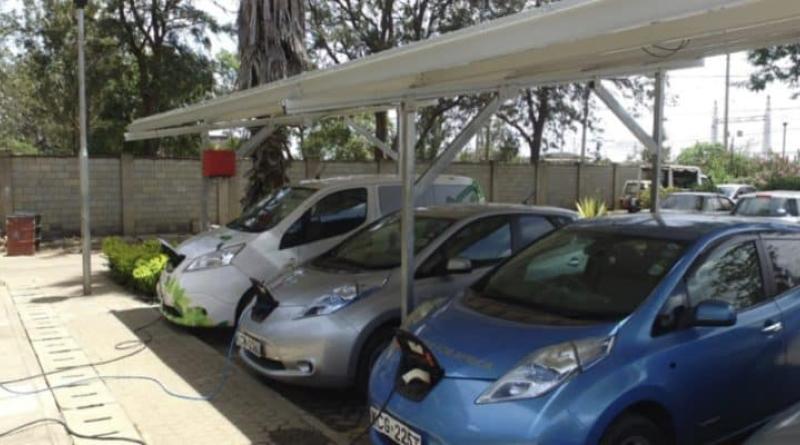KENYA: National Plan for Electric Mobility in the making to tackle pollution

As part of its National Energy Efficiency and Conservation Strategy (2020-2025), the Kenyan government will adopt the National Plan for the Development of Green Mobility to reduce air pollution in this East African country.
Pending parliamentary approval of tax incentives for the importation of electric vehicles by 2024, the Kenyan authorities are working on the National Electric Mobility Plan. It should enable the development of a “clean and green transport system” through the establishment of a charter for automotive companies, the training of drivers to respect the environment, as well as the support of the governments of the 47 counties in the sustainable management of road traffic.
“The government has prioritised the adoption of e-mobility in the country to strengthen the fight against global warming. It is against this backdrop that the government is committed to encouraging public service vehicles, boda boda and commercial transporters to convert to electric vehicles,” says Kipchumba Murkomen, Kenya’s Cabinet Secretary for Transport.
The Kenya National Electric Mobility Plan will reinforce other legal measures already in place. These include the Climate Change Act of 2016 and the United Nations Environment Programme (UNEP) supported Energy Act of 2019. The document will promote the reduction of air pollution in major cities, including the capital Nairobi where several mobility start-ups have set up their factories since 2017.
Read also-AFRICA: SEFA Grants $1 Million to Seven Countries to Develop Electric Mobility
This is the case of the Kenyan BasiGo led by engineer Jit Bhattacharya. The start-up has been working with Associated Vehicle Assemblers (AVA) since 2023 to assemble 1,000 33-seat electric vehicles per unit by 2026. The partnership, which is focused on reducing carbon dioxide (CO2) emissions, will also create at least 300 green jobs in manufacturing, charging and vehicle maintenance.





